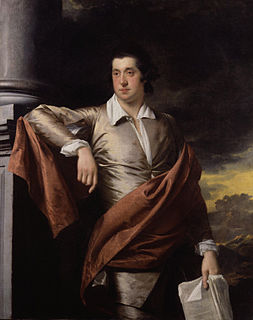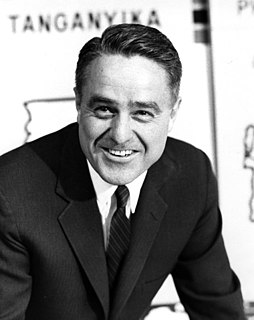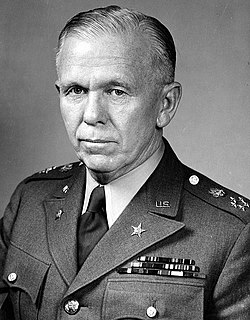A Quote by Theodore Roosevelt
No triumph of peace is quite so great as the supreme triumphs of war.
Related Quotes
The cure is care. Caring for others is the practice of peace. Caring becomes as important as curing. Caring produces the cure, not the reverse. Caring about nuclear war and its victims is the beginning of a cure for our obsession with war. Peace does not comes through strength. Quite the opposite: Strength comes through peace. The practices of peace strengthen us for every vicissitude. . . . The task is immense!
The twentieth century had dispensed with the formal declaration of war and introduced the fifth column, sabotage, cold war, and war by proxy, but that was only the begining. Summit meetings for disarmament pursued mutual understanding and a balance of power but were also held to learn the strengths and weaknesses of the enemy. The world of the war-or-peace alternative became a world in which war was peace and peace war.
There has been considerable comment over the awarding of the Nobel Peace Prize to a soldier. I am afraid this does not seem as remarkable to me as it quite evidently appears to others. I know a great deal of the horrors and tragedies of war. ... The cost of war in human lives is constantly spread before me, written neatly in many ledgers whose columns are gravestones. I am deeply moved to find some means or method of avoiding another calamity of war.
In my eighty years, I prefer to call that the forty-first anniversary of my thirty ninth birthday, I've seen what men can do for each other and do to each other, I've seen war and peace, feast and famine, depression and prosperity, sickness and health. I've seen the depth of suffering and the peaks of triumph and I know in my heart that man is good, that what is right will always eventually triumph and that there is purpose and worth to each and every life.
































